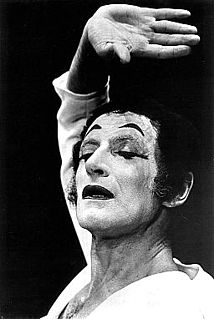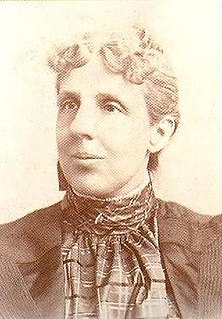A Quote by William Butler Yeats
A man in his own secret meditation / Is lost amid the labyrinth that he has made / In art or politics.
Related Quotes
I know now that he who hopes to be universal in his art must plant in his own soil. Great art is like a tree, which grows in a particular place and has a trunk, leaves, blossoms, boughs, fruit, and roots of its own. The more native art is, the more it belongs to the entire world, because taste is rooted in nature. When art is true, it is one with nature. This is the secret of primitive art and also of the art of the mastersMichelangelo, Czanne, Seurat, and Renoir. The secret of my best work is that it is Mexican.
It takes a long time-many incarnations of right action, good company, help of the guru, self-awakening, wisdom, and meditation-for man to regain his soul consciousness of immortality. To reach this state of Self-realization, each man must practice meditation to transfer his consciousness from the limited body to the unlimited sphere of joy felt in meditation.
Amid the moon and the stars, amid the clouds of the night, amid the hills which bordered on the sky with their magnificent silhouette of pointed cedars, amid the speckled patches of the moon, amid the temple buildings that emerged sparkling white out of the surrounding darkness - amid all this, I was intoxicated by the pellucid beauty of Uiko's treachery.
How will I ever get out of this labyrinth!" In reality, "How will I ever get out of this labyrinth!" were probably not Simon Bolivar's last words (although he did, historically, say them). His last words may have been "Jose! Bring the luggage. They do not want us here." The significant source for "How will I ever get out of this labyrinth!" is also Alaska's source, Gabriel Garcia Marquez's The General in his Labyrinth.






































